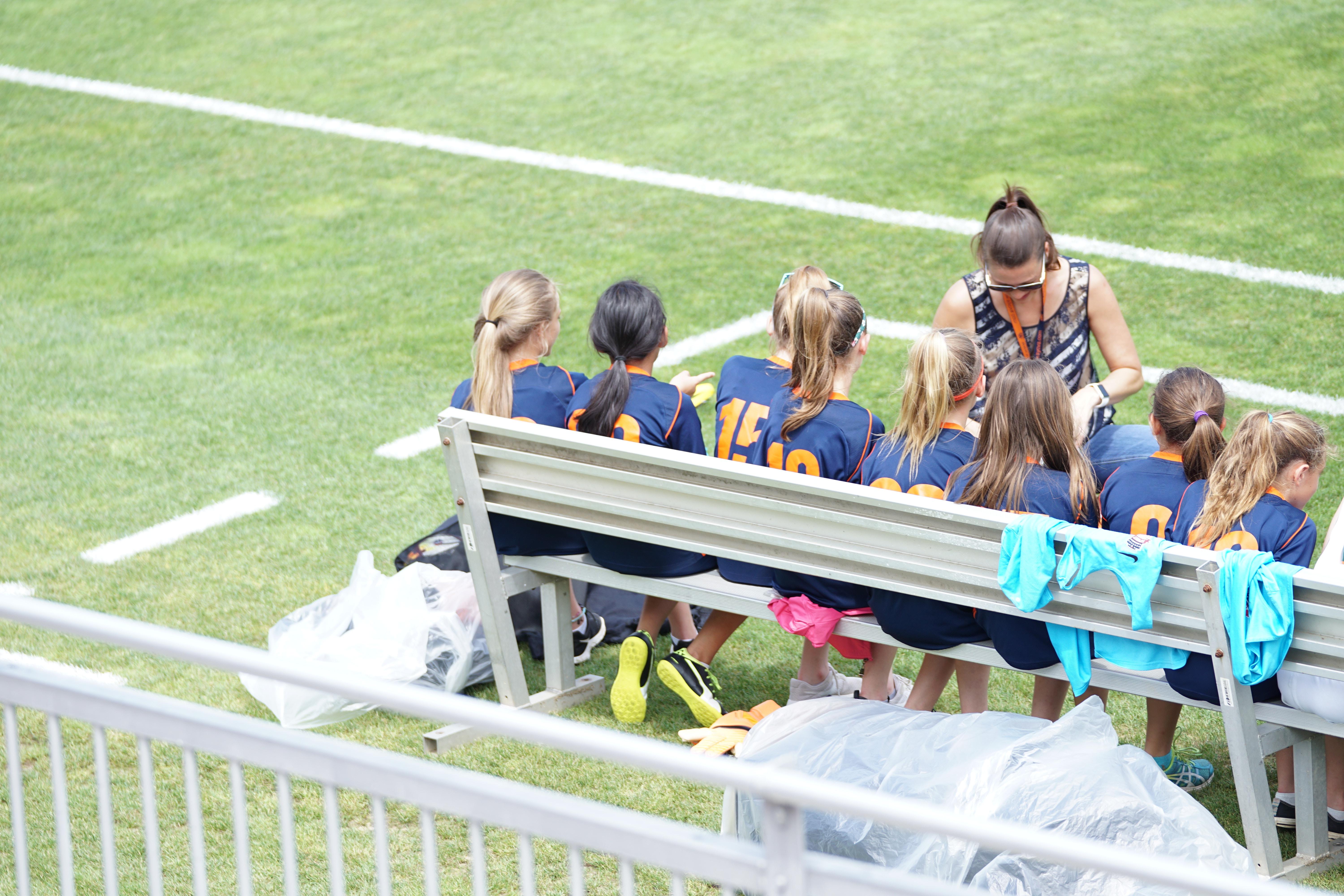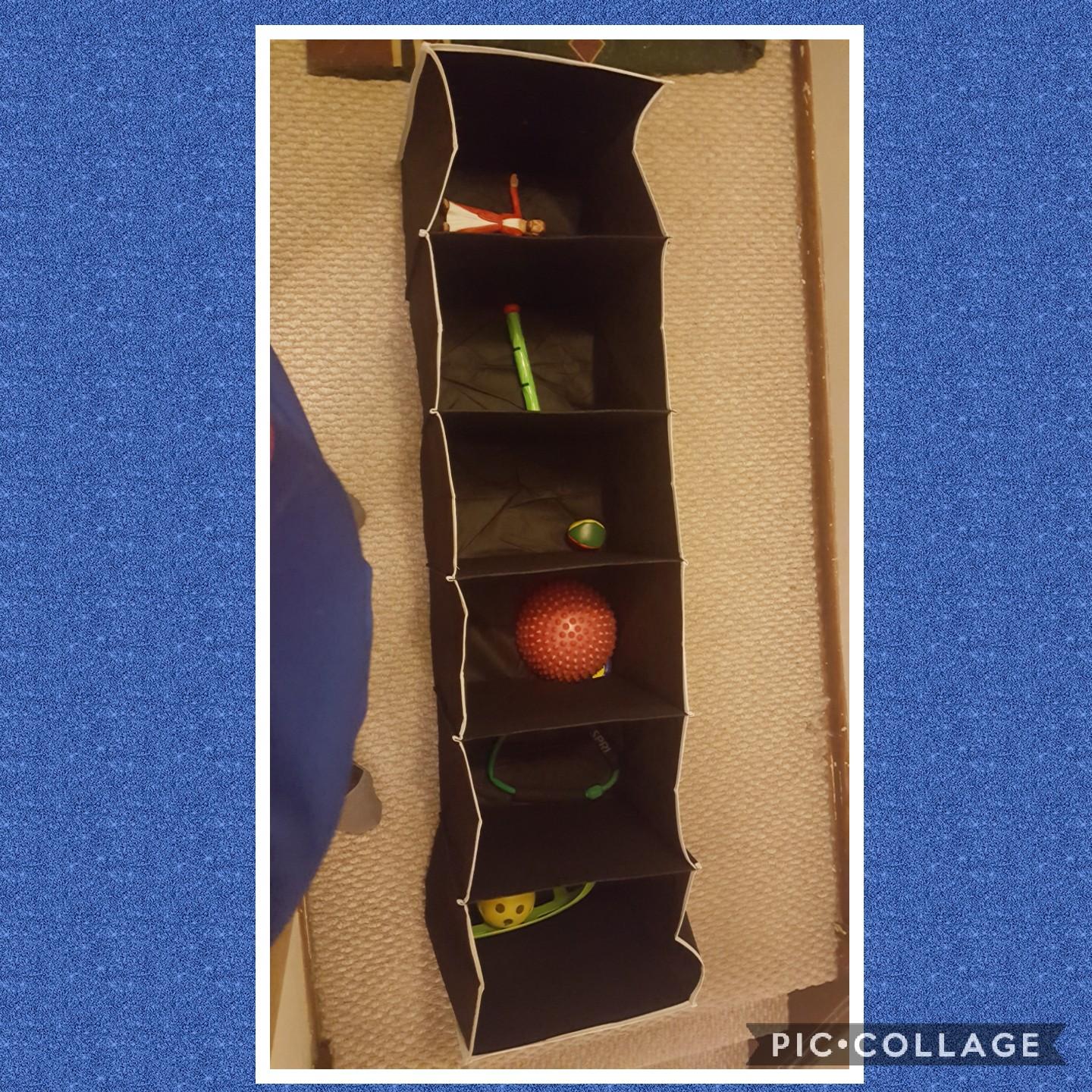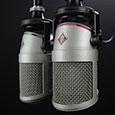This is the third in the series on youth disabilities. This month we will focus on motor skill disabilities.

Motor Skills
Children with motor skills disabilities often have another disability. They move slowly and have a hard time controlling their muscles. Some children suffer from lack of ability with large motor movements such as running, jumping, kicking and throwing, and catching, and others with small motor movements such as using their hands and fingers. Teachers and trainers must work together with an adaptive physical educator to find simplified ways to teach fitness skills. It is helpful to teach academic and physical skills by breaking the tasks down into small parts. Fine motor skills that should be integrated into academic and fitness activities include kneading with dough, working with modeling clay, using whole punchers, cutting with scissors, and writing in sand or shaving cream. Painting with a bucket of water on a chalkboard or driveway and writing words on a chalkboard or sidewalk are good activities to include in fine motor coordination. An occupational and physical therapist is helpful in the gym, classroom, and home.
Proprieties System and Sensory Integrative Disorders
In these disorders, the central nervous system does not respond well to incoming stimuli and disorders of body position or space awareness. They suffer from not understanding their receptors of muscles, joints, and tendons. They may not give appropriate body space and may make others feel uncomfortable. The central nervous system does not respond well to incoming stimuli. Children often have trouble interpreting emotions and may become easily frightened or angered. They may avoid new things or fight with others frequently. A teacher or trainer may find that it is essential to see what sets that person off and to try to eliminate situations that will upset the individual. It is important to give that person space and not to allow others to get too close to that person if it upsets him/her.
Tactile and Vestibular Disorders
These persons have difficulty determining appropriate senses of touch and may overreact to light touches while other things that could potentially harm them, such as a bee sting or hot stove, do not affect them at all. They may be a picky eater, affected by various textures of fabrics, react negatively to hygiene such as washing hands and face, and be unwilling to try art projects that are messy such as finger paints, glue, and clay. Autism and sensory dysfunction also fall into this category. Vestibular is the system of movement that begins in the inner ear and controls the movement of the head, eyes, and body and causes balance. Students with this disorder may have difficulty accomplishing bilateral tasks such as cutting with scissors or riding a bike and may be developmentally delayed.
Traumatic Brain Injury and Environmentally Induced Impairments
This is where the brain has been damaged by an accident or abuse. There is generally a period of unconsciousness when an injury occurs and the person, as a result, loses part of their cognitive abilities or physical functions. Lead poisoning, fetal alcohol syndrome, pre-and post-natal complications, and drug use can be environmentally induced impairments. In all of these disorders, these children generally suffer from problems and seizures. They may also sleep poorly and have irregular eating patterns. Often these children are adopted or with foster families since many of these cases occur as a result of parental abuse. Patience and contact with support staff and home are essential when dealing with students with these disorders. Next month we will focus on mental disabilities.
Was this Article Helpful?
If this article was helpful to you, please consider linking this article to your own blog or sharing this through the social buttons below. You will also find other great articles at “Special Populations“.
- 0share
- 0Facebook
- 0Twitter
- 0Pinterest
- 0LinkedIn
Christina Chapan
Latest posts by Christina Chapan
- Body Language for Personal Trainers,Teachers and Group Instructors - January 12, 2020
- Allergies + Exercise: An Overview - January 9, 2020
- The Safety of Running Solo - January 5, 2020















